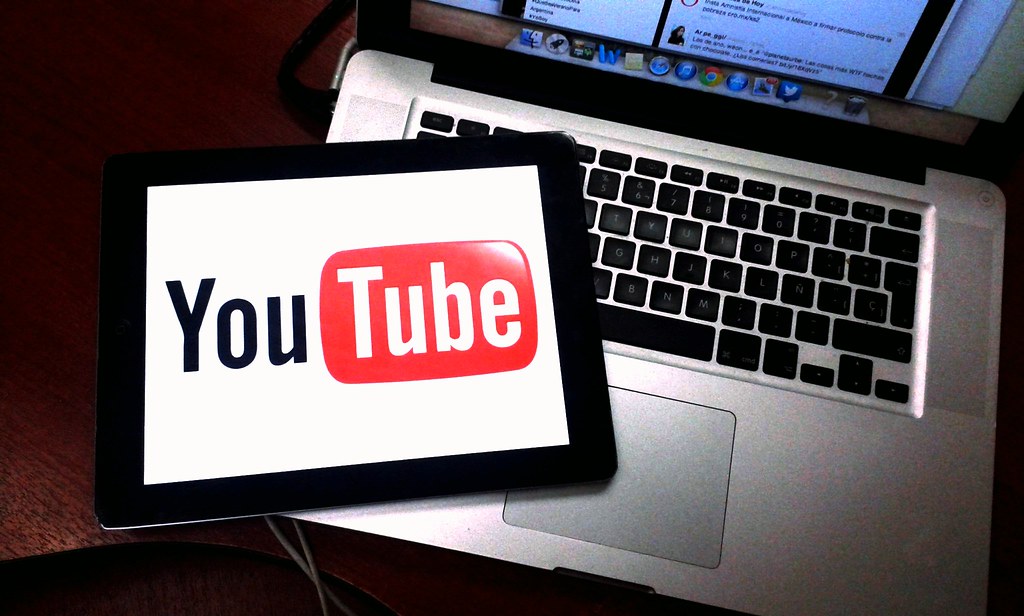Last month, The Guardian put out an interesting article asking the question “Who needs film critics when studios can be sure that influencers will praise their films?” The writer argues that film critics are a dying breed, because studios are not interested in being criticised and the public is not reading that type of content. So, studios would rather turn to encourage influencers to post positive non-constructive opinions instead. She points out that fewer films are showing press pre-releases, and many critics are being encouraged to write positive tweets about films, rather than write considered articles on them. Influencers are the better marketing strategy, and the industry bankrollers are very aware of this. So, in many ways Lazic is right —film criticism has died.
Twitter (X) now holds much power over ticket purchasing and audience rating when you google a film placed next to critic rating. Streaming sites such as Netflix and appleTV don’t even show critics’ ratings of films, rather opting for a system of compatibility (which in my case has never been accurate) or nothing at all. Moreover, as films have become more accessible, there’s less need for critics’ reviews as you aren’t limited to one VHS tape at blockbusters the audience themselves can shop around picking and choosing from different films. The critics themselves have been labelled as either sesquipedalian (ironic) and out of touch or naysayers only looking at the negatives. So, the traditional critic has died, but has film criticism? No, what this narrative overlooks is the YouTube takeover of film criticism and why the YouTube critic is just as important as the traditional one.
The medium of video to critique film has shown strengths the writer cannot compete with. Video essays are scripted and entertaining, able to include clips and pictures from the film that writers are unable to provide. They have a more modern tone, leaning towards humorous rather than academic. As YouTube has no editorial word-count limitations, there is room for greater depth in explanations as they can point to things that the film critic can’t. The tone too, is more accessible as often these videos take the role of explaining rather than just analysing. I think this has helped boost their considerable popularity. Almost every movie has a YouTube ‘ending explained’ video (of which I have had to watch a few) that allow for greater analysis and understanding of films for a wider audience. Clearly there was a need for this in the industry.
This is not to say I don’t see the value of a film critic. I appreciate and understand their contributions to cinema and the intrinsic love they have for the art. Often, they are the only remaining bastions against the pervasive blockbuster that is dominating the industry and help the talented but unappreciated receive deserved recognition. They’ve helped the film industry flourish. But the YouTube critic does not put an end to this, if anything it only helps. A brilliant case study for this is the cult classic Jennifer’s Body. Upon release it was panned by critics, loved only by a few devout fans of Diabolo Cody. YouTube film criticism re-entered it into the public consciousness and it became retrospectively appreciated and currently re-trending in popularity. The Hunger Games series has had similar treatment: retrospective appreciation as the result of video essays and YouTube critiques.
But most importantly, it democratises film criticism. Anyone can make a YouTube video, not everyone can become a published journalist. This has resulted in many different lenses in approaching cinema with videos and channels focused on queer critiques, feminist critiques, race critiques, Marxist critiques — you name it. Moreover, it has allowed a different range of fans to come together and enjoy cinema. Marvel fans can now find marvel specific critics, Harry Potter fans can find Harry Potter specific critics, etc.
So as Lazic stated, the film critic has been replaced by the influencer — but I don’t believe this will destroy the industry nor is it a great disaster. But rather than an either-or situation, YouTube critics are the result of a changing industry —they have survived natural selection that the traditional critic was unable to.
“Youtube” by clasesdeperiodismo is licensed under CC BY-SA 2.0.

